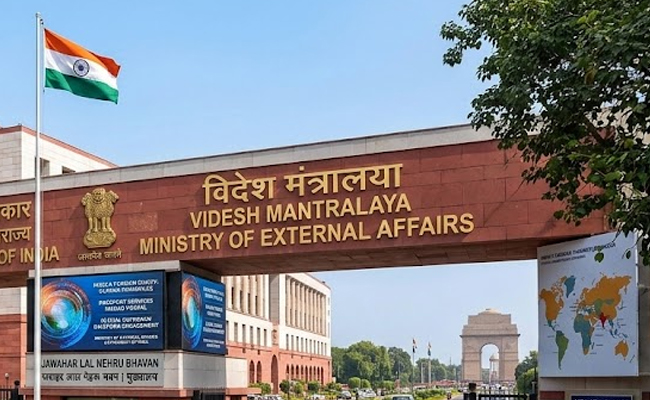Lahore, Sep 14: Pakistan Railways Minister Sheikh Rashid said on Saturday that the government should provide a tape recorder and a collection of songs by legendary Indian playback singer Mukesh to deposed prime minister Nawaz Sharif who is serving a seven-year prison term in Kot Lakhpat jail here.
Sharif, 69, was convicted in the Al Azizia Steel Mills case and sentenced to seven years in jail in the wake of the apex court's July 28, 2017 verdict in the high-profile Panama Papers case. He has been serving the prison term since December 24, 2018.
Prime Minister Imran Khan, during his US visit in July, had told a gathering of the Pakistani diaspora that he will ensure on his return to Pakistan that Sharif is not provided an air conditioner or TV in the Kot Lakhpat jail.
"I know Maryam Bibi (Sharif's daughter) will make some noise, but I say to her, return the money. It's as simple as that," Khan had said.
Replying to a question on providing air conditioner to Sharif, Rashid said: "I am not against withdrawing the air-conditioning facility from Nawaz Sharif or any other leader lodged in the jail. Rather, I am in favour of providing a tape recorder and songs of Mukesh to him and others".
According to people close to Sharif, the three-time premier, has a taste for classic Bollywood songs.
The Al-Azizia Steel Mill case was about setting up steel mills in Saudi Arabia allegedly with corruption money.
Three corruption cases - Avenfield properties case, Flagship investment case and Al-Azizia steel mills case - were launched against the Sharif family by the National Accountability Bureau in 2017 following a judgment by the Supreme Court that disqualified Sharif in the Panama Papers case in 2017.
Sharif and his family have denied any wrongdoing and allege that the corruption cases against them were politically motivated.
Let the Truth be known. If you read VB and like VB, please be a VB Supporter and Help us deliver the Truth to one and all.
Palamaneru (Andhra Pradesh) (PTI): Five members of a family from Bengaluru died on the spot after the car in which they were travelling to Tirupati rammed into a stationary truck in Chittoor district on Wednesday, a police official said.
The deceased included three women, and the accident occurred on the four-lane highway near Palamaneru at around 8.45 am on Wednesday, police said.
"Five members of a family travelling from Bengaluru to Tirupati were killed on the spot when their car rammed into a stationary truck near Palamaneru," the official told PTI.
According to police, the accident is suspected to have occurred due to overspeeding and the driver possibly feeling sleepy.
Meanwhile, relatives of the deceased have been informed and are on their way to the accident site, the official added.





